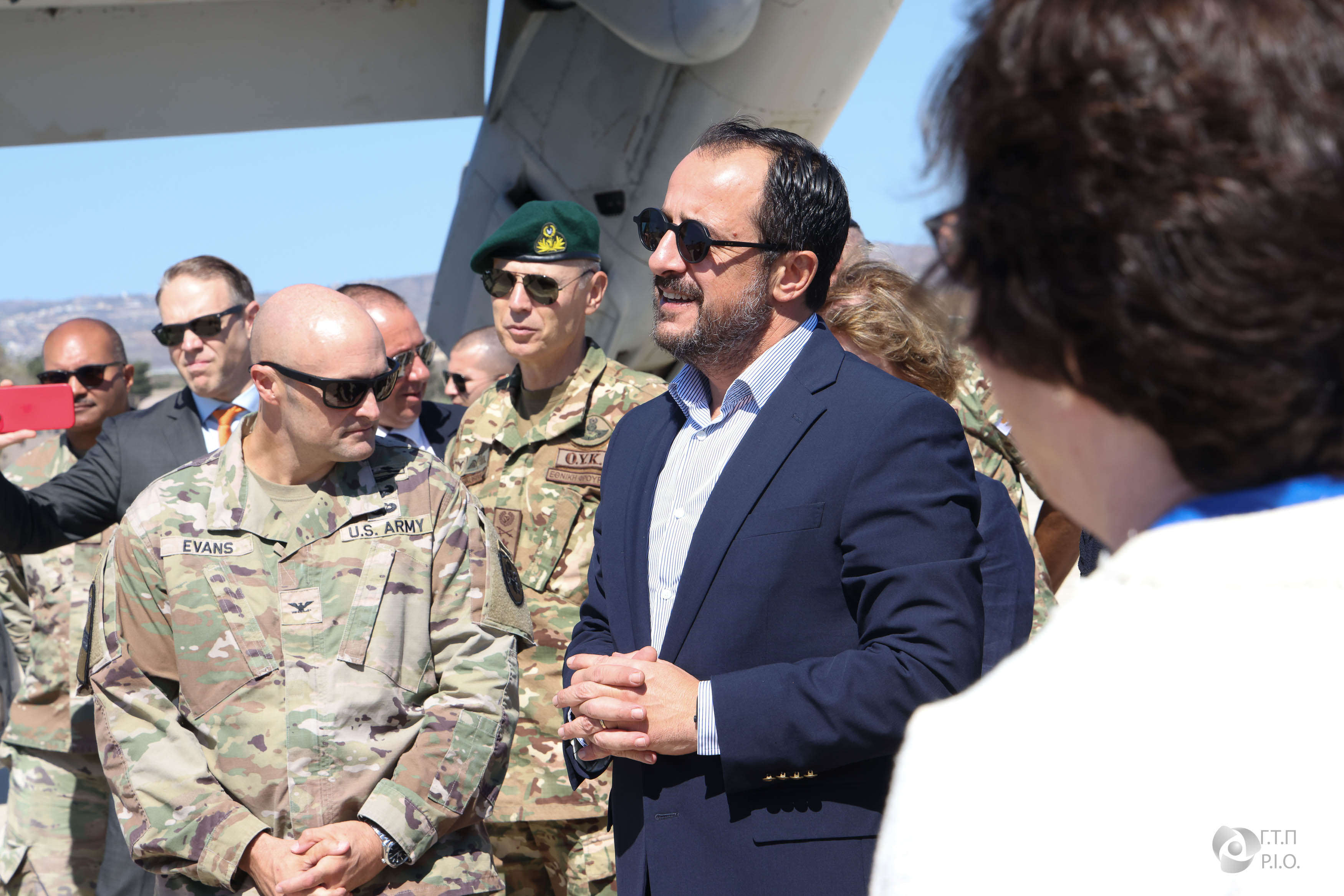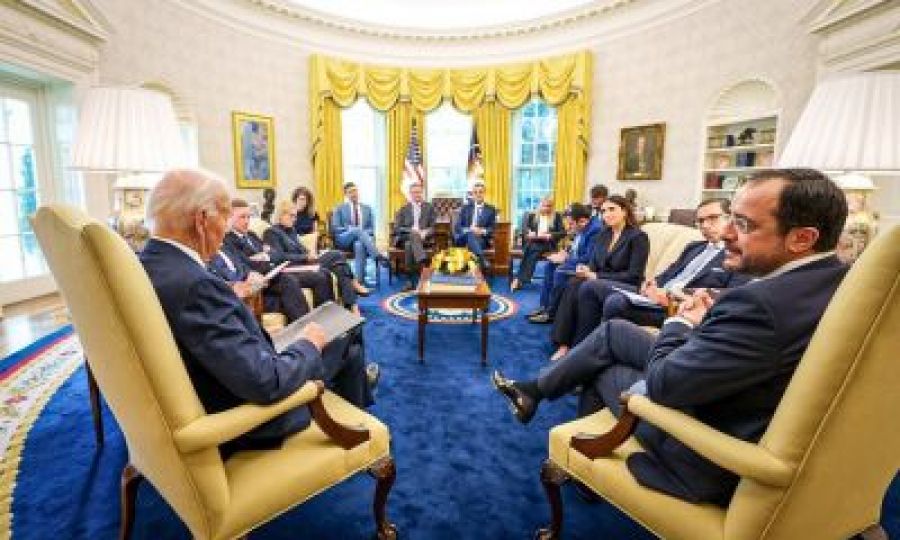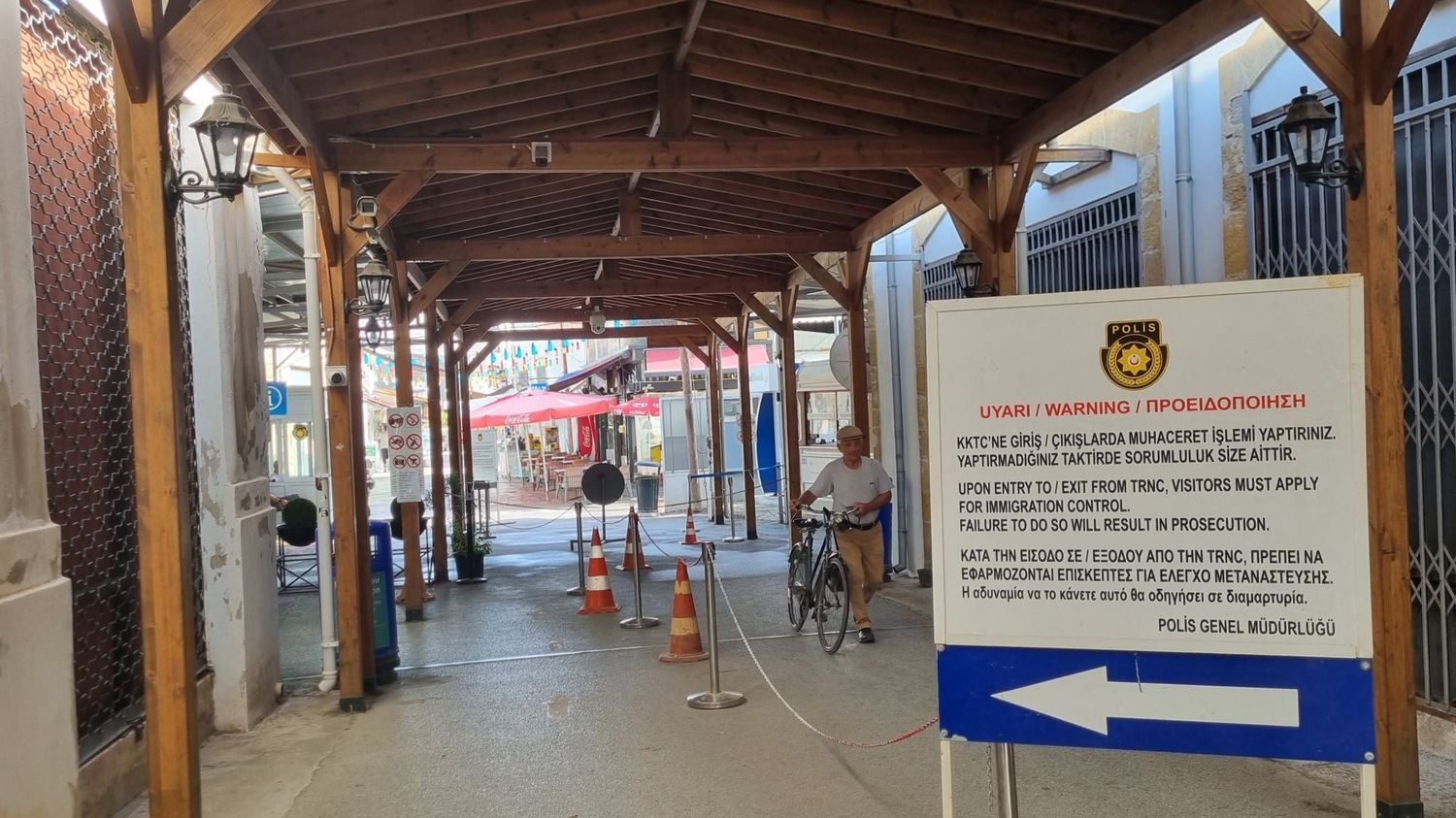


The island of Cyprus has been divided since 1974 between its Greek part, recognized internationally, and its Turkish part in the north, which only Ankara recognizes. Reconciliation is not on the horizon, partly because of the weight of religions. Initiatives for peace are hindered by political quarrels and the influence of religions. The Greek Orthodox Church in the south is seen as a major obstacle to reconciliation. Education in the north is becoming more conservative under the influence of the AKP party supported by Turkey. Peace talks have stalled, and the border continues to separate the two parts of the island.
In a significant development, President Nicos Christodoulides met with U.S. President Joe Biden on November 3, 2024, marking a pivotal shift in Cyprus' foreign policy towards the West. This meeting is only the third invitation for a Cypriot leader to the White House, reflecting the strengthening of ties between Cyprus and the U.S. since 2022. Notably, Cyprus has ended Russian Navy docking privileges and lifted a U.S. arms embargo, which has led to practical benefits such as visa liberalization for Cypriots and expanded military training. Biden emphasized support for a bizonal, bicommunal federation to resolve the Cyprus issue, contrasting sharply with Turkey's stance on the matter. This pivot towards the U.S. illustrates Cyprus's attempt to balance its historical economic ties with Russia while seeking closer relations with Western powers. [62f91fc3]
In a further indication of this strengthening relationship, the U.S. may provide financial assistance to Cyprus for upgrading the Andreas Papandreou air base in Paphos. President Christodoulides announced plans for the upgrade, which will cost €14.7 million for both the air base and the naval base in Mari. U.S. Ambassador Julie Davis Fisher indicated that experts will visit in January to assess the base's infrastructure. Christodoulides emphasized that the base will remain under Cypriot control, countering any claims that Cyprus is becoming a U.S. military base. Discussions with European Commission President Ursula von der Leyen regarding EU funding for the Mari naval base are also ongoing. This development underscores Cyprus's strategic importance in the region and its commitment to enhancing its defense capabilities. [bc6116b]
Turkish Defense Minister Yaşar Güler emphasized that the Turkish military presence in Cyprus, particularly through the Turkish Peace Force Command established since 1974, is a key factor in maintaining peace and security on the island for both Turkish and Greek Cypriots. Güler highlighted the historical significance of the 50th anniversary of the Cyprus Peace Operation, which ended years of oppression faced by Turkish Cypriots and brought lasting peace to the island. He reiterated Turkey's commitment to a two-state solution and the recognition of the Turkish Republic of Northern Cyprus. Güler warned against actions by the Greek Cypriot administration that disrupt the balance on the island and outlined various activities planned for the 50th anniversary of the Cyprus Peace Operation. Turkey will continue to support the Turkish Cypriot community and work towards a fair and lasting solution to the Cyprus issue.
In a recent statement, House President Annita Demetriou called on Greek Cypriots to take bold steps towards peace in the Cyprus issue. She emphasized the urgency of the situation and the need to address the concerns of the people, especially the younger generation, in order to prevent the rise of extremism and populism. Demetriou also stressed the importance of acknowledging painful truths and working towards unity and convergence between the two communities in Cyprus. She criticized Turkey for creating new conditions on the ground and attempting to undermine the status quo in the buffer zone. Demetriou highlighted the demand for two states by the Turkish occupation leader as a major obstacle to the resumption of negotiations. She called on all parties to contribute constructively to overcoming the current impasse and restarting the negotiations. Demetriou warned that if a solution is not found, international players may conclude that it is no longer possible. She emphasized the need for readiness and determination, as well as the importance of presenting initiatives, suggestions, proposals, and counter-proposals. If talks are scheduled for September, Demetriou stressed the need to officially record the positive attitude of the Greek Cypriot side. In conclusion, Demetriou urged Cyprus to take bold steps towards peace and unity.
President Christodoulides' promise of 'good news' on the Cyprus problem by the end of the year reflects his commitment to reunification and his collaboration with the United Nations. The concerns about the economy, migration, and international conflicts in the EU election highlight the priorities of European citizens. Despite these concerns, Cypriots maintain their trust in the EU and the Euro, as shown in the survey conducted by CyBC. The survey conducted in Luxembourg also provides insights into the priorities and interests of voters in the country. [3997492c]